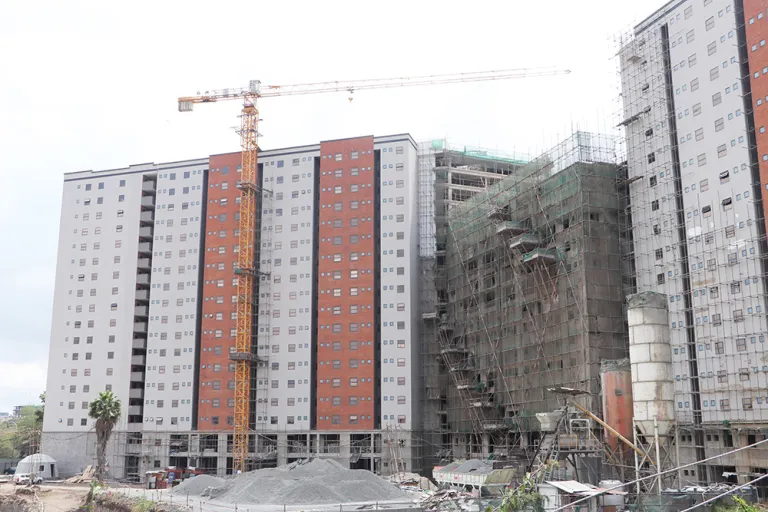The construction industry witnessed a dynamic interplay of forces in 2023, marked by notable achievements and persistent challenges.
According to the AAK Built Environment Report 2023, the industry experienced an influx of projects, with the National Construction Authority (NCA) receiving 4,770 applications from January to October 2023.
Notably, 70.3% of these applications, totalling 3,354, were successfully registered. Residential development constituted the majority, representing 54% of the total applications, reflecting a sustained demand for development.
However, the sector faced formidable challenges, notably the
escalating costs of construction.
This spike was attributed to the increased costs of construction materials and fuel, exemplified by the surge in the price of steel reinforcement bars from Ksh 140.60 per kg in December 2022 to Ksh 160.26 per Kg in December 2023, marking a 14.29% increase.
Similarly, the cost of cement rose from Ksh 650 per 50 Kg bag in December 2022 to Ksh 750 in December 2023, marking an approximate increase of 15.38%.
Read Also : Landscape Architects Calls for Recognition of their Profession at the IFLA World Congress 2023
“These escalations have been largely a result of the increased import costs influenced by the devalued currency. In addition, land rates have surged by an alarming 6.41-fold since December 2007. In urban centres like Nairobi, what was valued at Ksh 30.3 million has now risen to KES 190.4 million in 2023,”
“These exorbitant construction costs, hinged on the cost of building materials and land, threaten the achievement of affordable housing,” said Florence Nyole AAK President during the press briefing.
These exorbitant construction costs, hinged on the cost of building materials and land, threaten the achievement of affordable housing. Development control emerged as a critical challenge stressing construction industry professionals.
“The absence of essential planning and legal frameworks, such as local physical development plans, zoning regulations, Development Control Regulations, and Building Regulations, contributed to haphazard developments in urban areas,”
“For instance, the Nairobi Development Control Ordinances expired in 2014, and the zoning guidelines have been arbitrary,” she adds.
Recognizing this, AAK surveyed its members to gauge the efficiency of Nairobi, Mombasa, Kisumu, Nakuru, Uasin Gishu, Kilifi, Tharaka Nithi, and Kiambu counties in granting development control applications.
The survey revealed that the delays in construction permitting experienced in the counties are not inherent to the systems or external factors but result from human actions and oversights
“While some of our members have volunteered to be consultants for the affordable housing project, there is still an issue when it comes to negotiating the consultation fees for the work they are doing. Feasibility studies also need to be done for the projects and we have given our comments on the same,” notes Florence.
AAK brings together professionals in National and County Governments, the Private Sector and Academia. The association also links professionals and stakeholders in the construction industry, including policymakers, manufacturers, real estate developers, and financial institutions.
Subscribe to our YouTube channel: Switch TV.
















